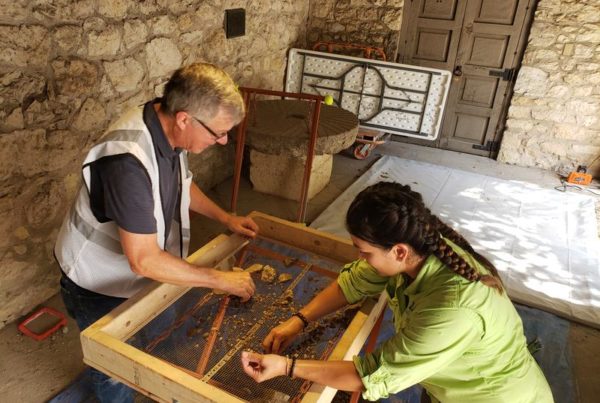Two years ago, a Beamont man pleaded guilty to participating in a lucrative scheme involving promises of reduced federal prison sentences in exchange for money. Alvin Warrick, aka Peter Candlewood, received more than $4 million after promising federal inmates and their families that he could reduce an inmate’s time in prison. Warrick and his two co-conspirators operated the scam for several years and conned nearly 22 families. Now, ironically, they are the ones behind bars.
Christie Thompson has been reporting on this story for The Marshall Project, a nonprofit news outlet focused on criminal justice. Thompson says a Justice Department press release tipped her off to the story.
“[Warrick] told people in federal prison and their families that they had a network of confidential drug informants, and if they were to pay them tens to hundreds of thousands of dollars, they could dig up criminal intelligence that could be useful to the government,” Thompson says. “Then, in exchange for giving the government that information, these inmates might get time off their sentence.”
U.S. Rule 35(b) grants amnesty or reduced sentences to inmates in exchange for their information about suspects in a federal case. But Thompson says Warrick’s scam wasn’t covered by this law because he wasn’t directly affiliated with anyone about whom he dug up information.
“That’s why a lot of these families fell for this operation – they looked [the law] up and said, ‘Oh yeah, this really exists,’” Thompson says. “It’s not supposed to work like you pay some completely unrelated third party to go and do that digging for you.”
It’s unclear how Warrick started the scam, Thompson says, but his experience as both a federal inmate and a Drug Enforcement Administration informant could have given him the know-how to pull it off.
“We know it started as early as 2007,” Thompson says. “There was a woman named Beatty whose son was incarcerated at the federal prison in Beaumont, Texas, and she seems to be one of his first customers.”
Thompson says Beatty recommended Warrick’s services to the families of other inmates, and in time, the scam spread across the U.S.
“There were people in New York, people in Florida, people in Texas,” Thompson says. “Federal law enforcement had to tie together all of those threads, so the investigation took a really long time.”
And Thompson says these victims will most likely not see any reimbursement for the money they thought they were paying to help get shorter sentences.
“By the time that Alvin Warrick and the other people involved were arrested, most of that money was gone,” Thompson says. “Now, he’s in prison for decades.”
Written by Hayden Baggett.
















